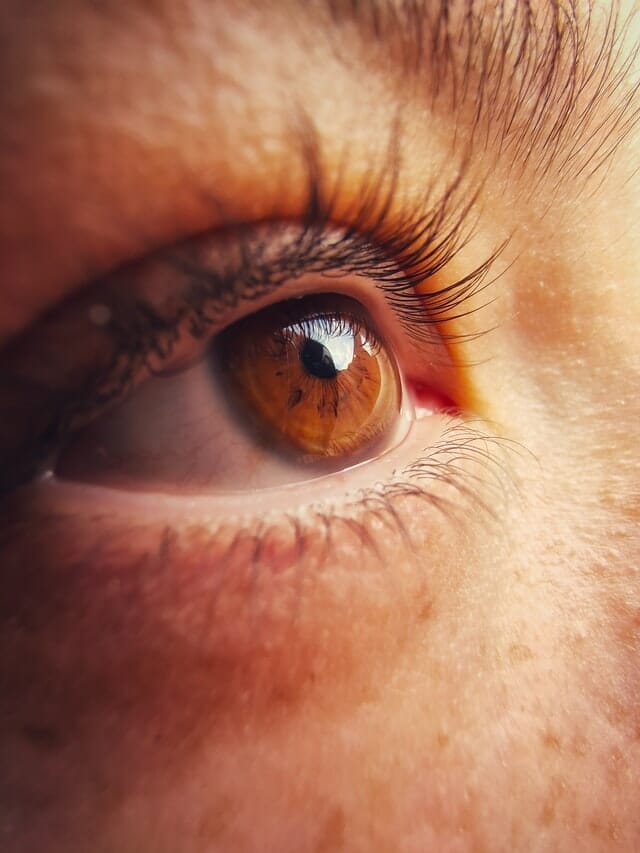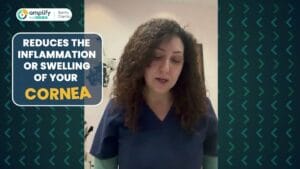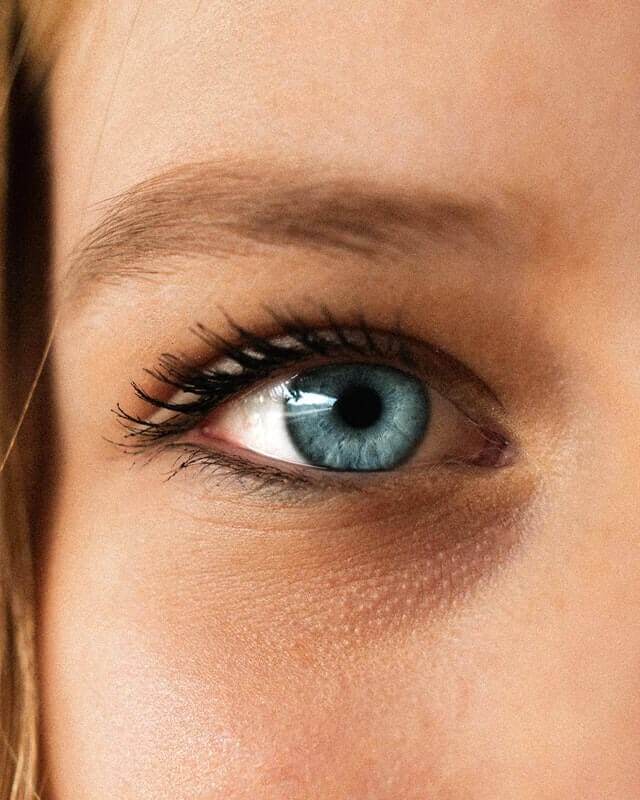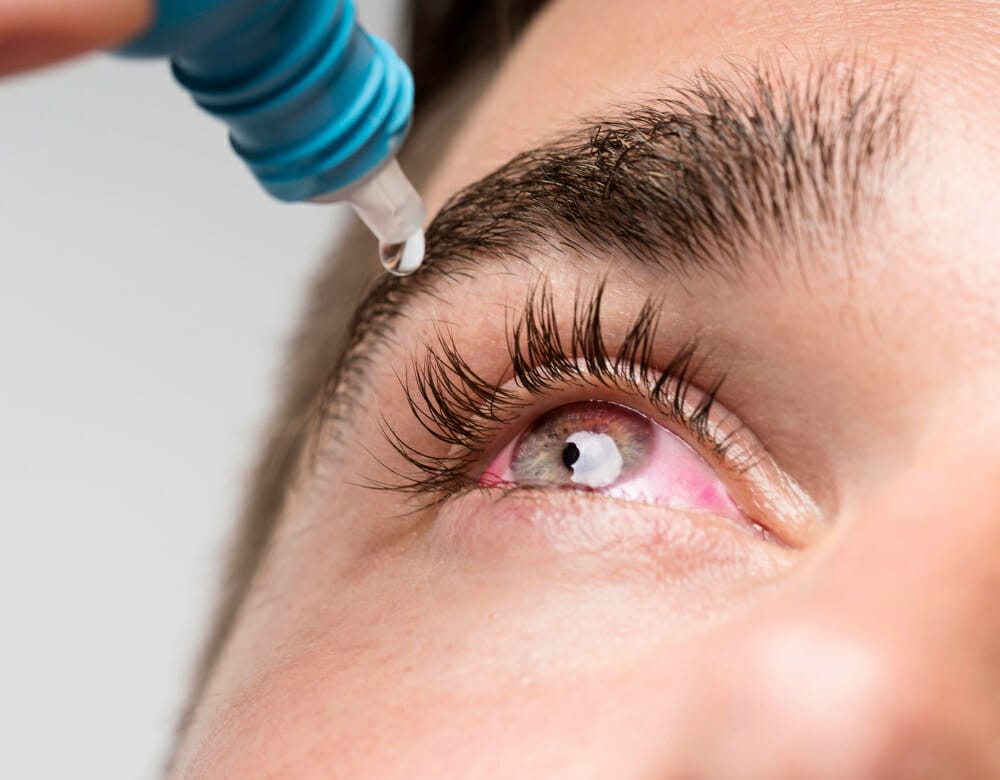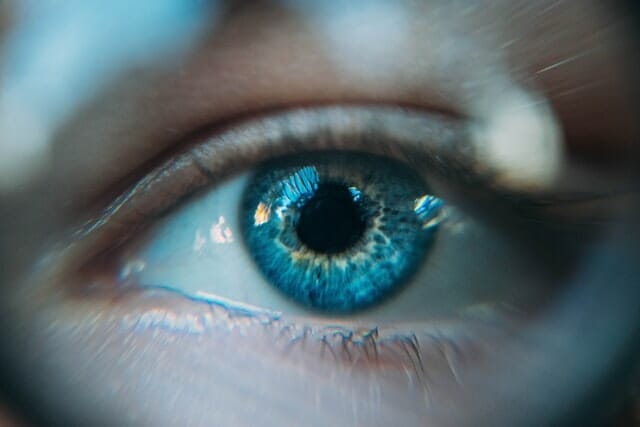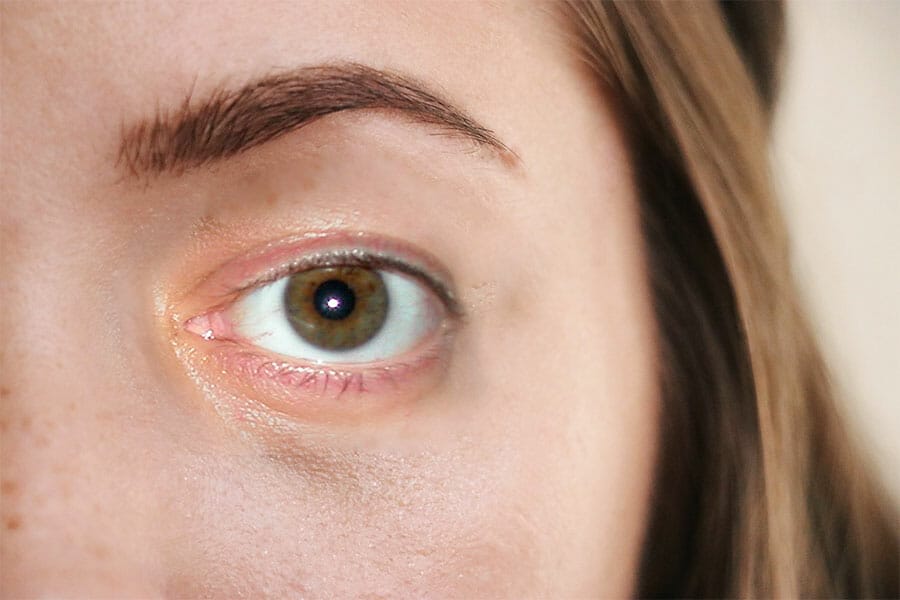The goal of amniotic membranes is to enable our eyes to heal naturally after a condition that has caused trauma, inflammation, or scarring on the cornea. In some cases the treatment may not be permanent. During a large study done on the impact of amniotic membranes the following conditions had a 100% success rate: corneal ulcers neurotrophic keratitis; post-keratoplasty, glaucoma or cataract; bullous keratopathy; corneal degeneration; dystrophy; mechanical trauma; reconstruction of the anophthalmic cavity; eyelid reconstruction; and dysfunctional tear syndrome. Amniotic membrane treatment had varying success when analyzed after a 1 year period for the following conditions: mucous membrane pemphigoid, Stevens-Johnson or Lyell’s syndrome, reconstruction of the conjunctiva and fornix, neoplasia of the ocular surface, primary and secondary limbal stem cell deficiency, physical trauma, chemical trauma, pterygium, and recurrent epithelial erosions. As with any advanced treatment it is always recommended to speak with our eye doctors about your particular condition before considering the treatment.

